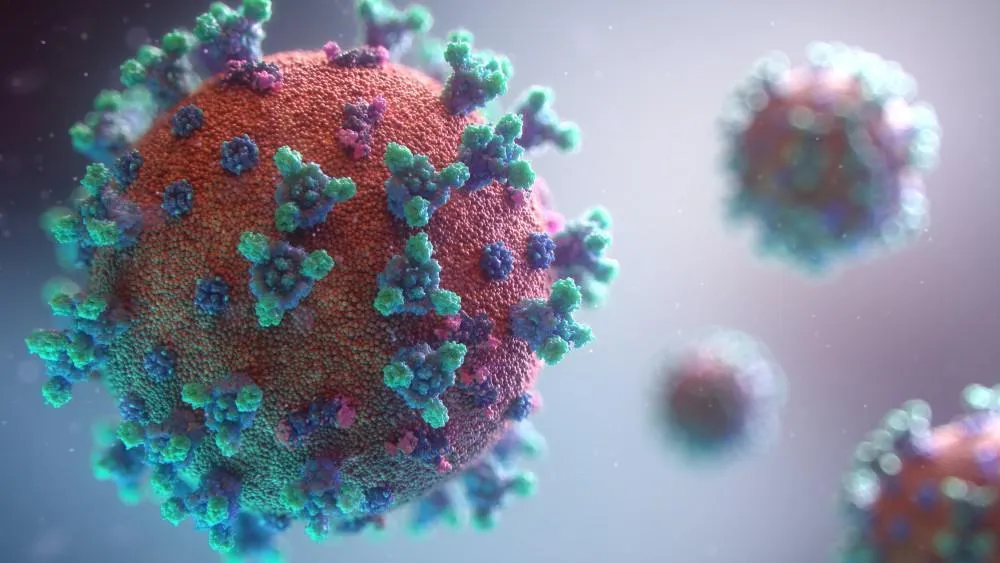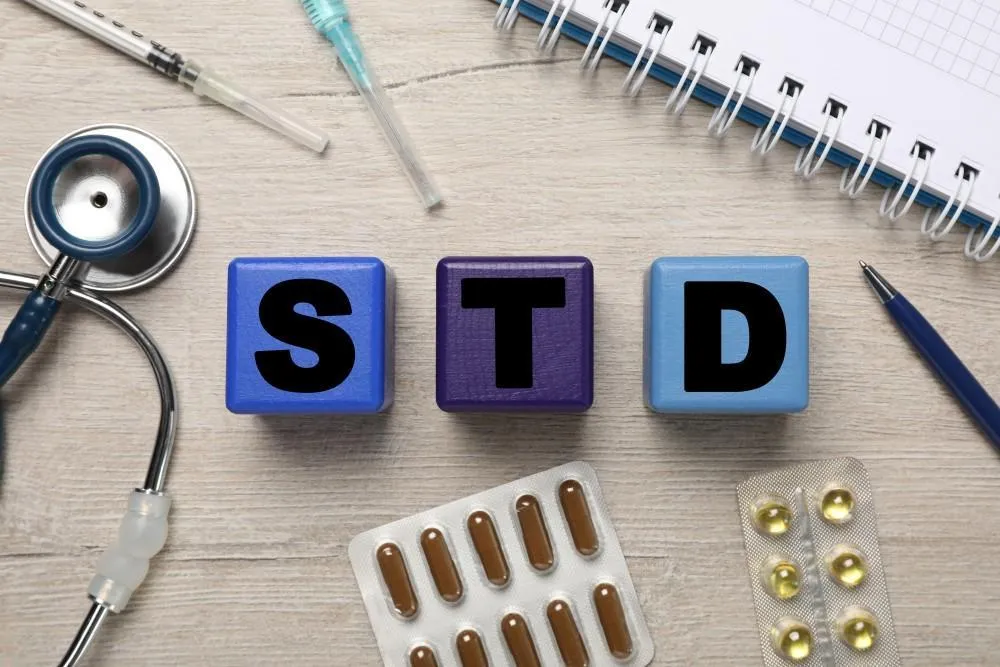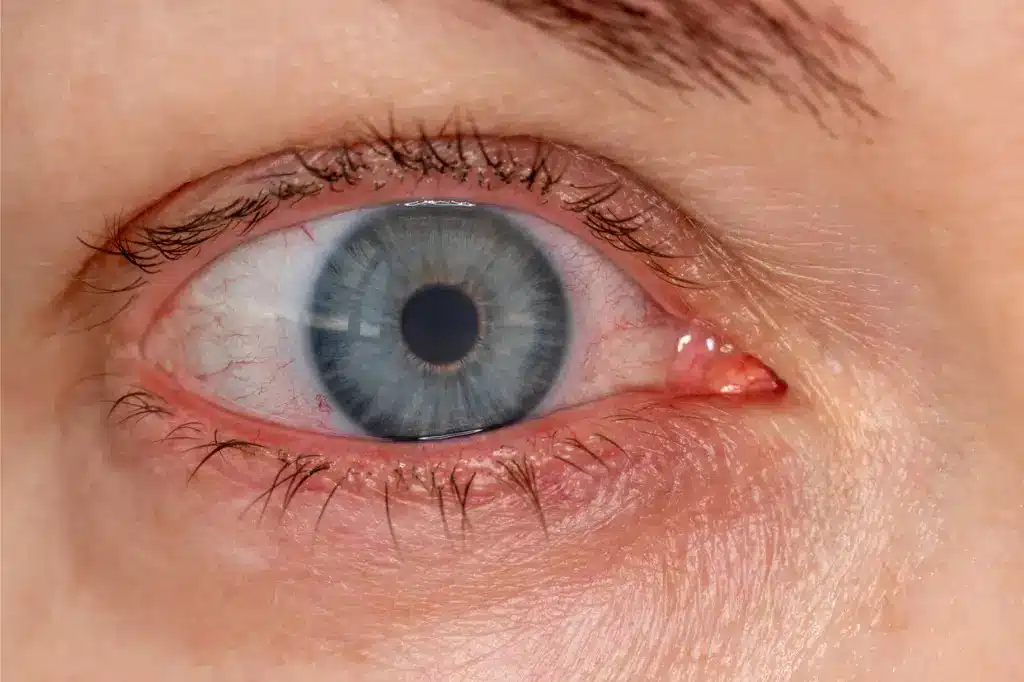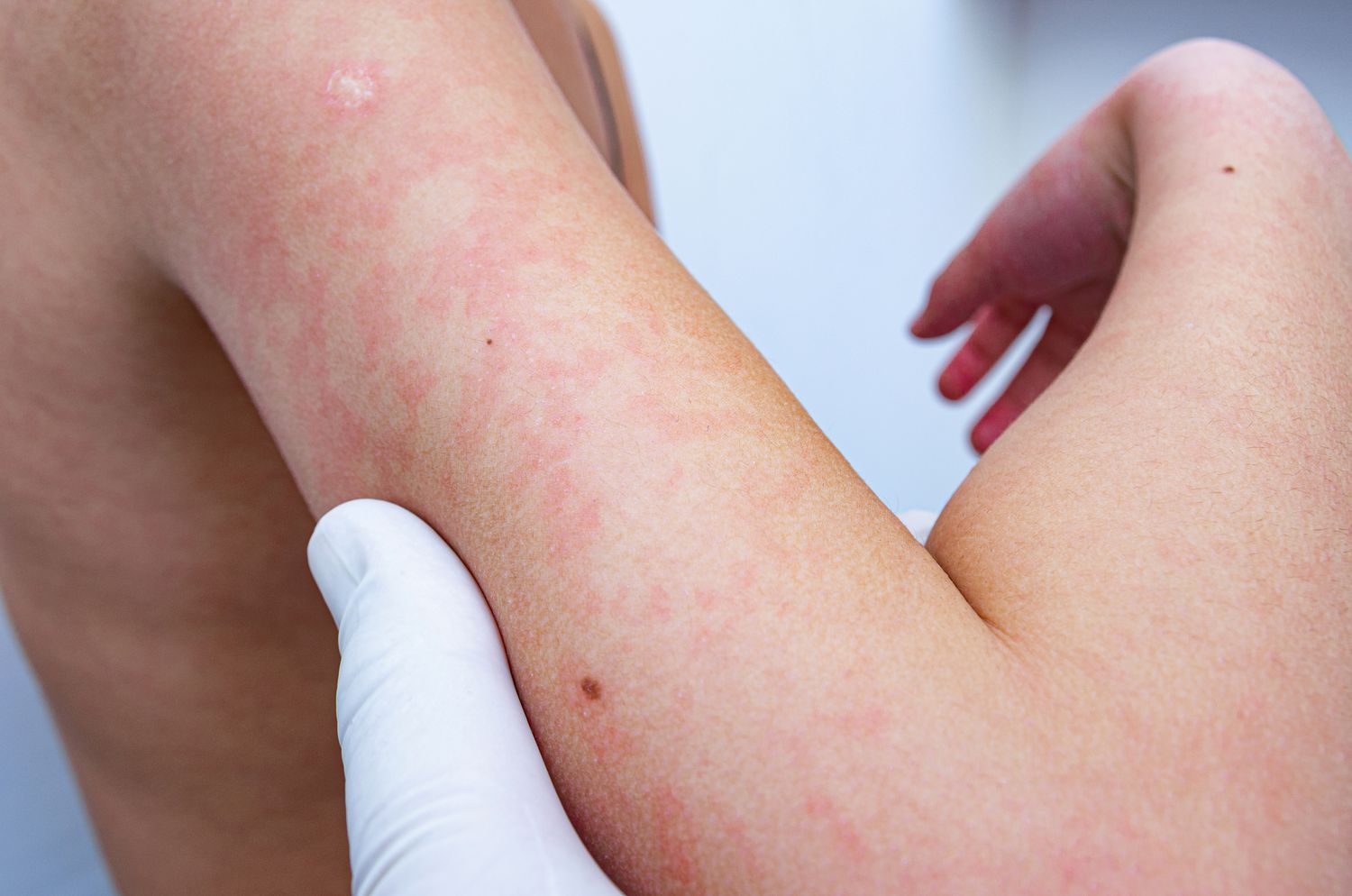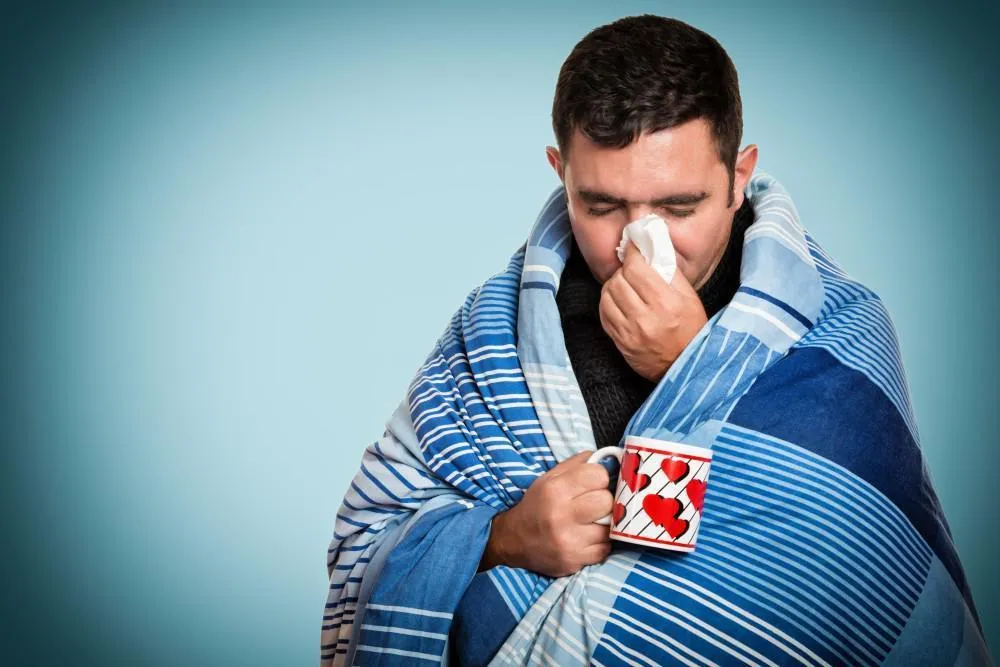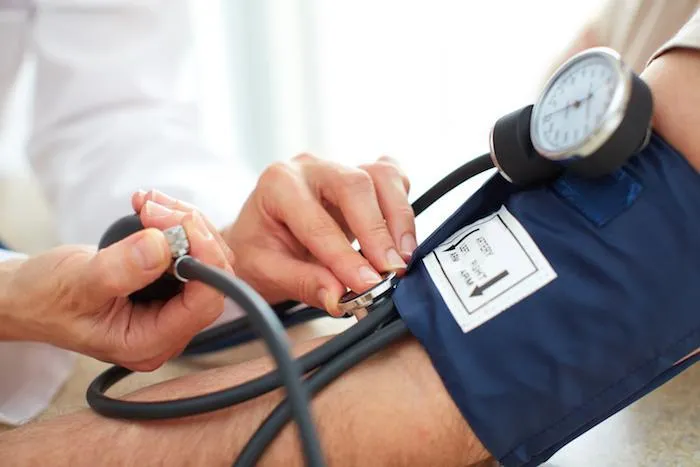What to Know When Heart Disease Runs in Your Family

When a close relative like your mother or father has a heart attack, it’s natural to wonder: “Is heart disease in my genes?” While it’s true that having a family history of heart disease raises your risk of developing it, too, your genes don’t have the final say.Take note that heart disease is preventable, even for people who have a family history of heart attack or stroke. You can take steps to protect your heart health and lower the chances of developing and dying from heart disease.
Partnering with a cardiologist
Seeking medical direction is the best step that patients with a family of heart disease should take when looking to minimize risks. Here at All Day Medical Care Clinic in Gaithersburg and Rockville, Maryland, our team can help you prevent and manage cardiovascular conditions. If you’re unsure of where to start to protect your heart health, we can help.
Know your modifiable risk factors
Family history is a risk factor that you can’t change, of course. However, there are many risk factors you can control. Before you can take steps to protect your heart health, it’s necessary to know the factors in your everyday life that you have the power to change, so they can’t raise your risk for heart disease. Major modifiable risk factors for heart disease are:
- Obesity
- Smoking
- Unhealthy diet
- Chronic stress
- Excess alcohol
- High cholesterol
- Sedentary lifestyle
- High blood pressure
- Uncontrolled diabetes
Know your numbers
It’s important to know your blood pressure, cholesterol and blood sugar. Even if you feel fine, a health checkup is necessary. These conditions rarely cause noticeable symptoms until they advance. In fact, many people with chronic conditions like high blood pressure and elevated cholesterol are unaware of it. Coming in for a checkup is the only way to find out where you stand.
Optimal cholesterol is below 200 mg/dl for total cholesterol, below 100 mg/dl for LDL (harmful cholesterol) and above 60 mg/dl for HDL (good cholesterol). When it comes to blood pressure, the goal is to have a normal blood pressure below 120/80 mg/dl. Depending on your unique health status, your individual cholesterol and blood pressure goals may vary.
Take action to protect against heart disease
Once you know your numbers and lifestyle factors that put you at risk for heart disease, your physician creates a plan to help keep your heart healthy. Implementing lifestyle changes such as getting plenty of physical activity, adopting a heart-healthy diet and losing weight if you’re overweight go a long way toward protecting against heart disease.
If your blood pressure or cholesterol is elevated and lifestyle changes aren’t enough, medication may be prescribed to help bring it under control.
Having a family history of heart disease doesn’t mean that you, too, will develop the condition. It does mean that you need to take proactive steps to protect your heart health. You can win the fight against heart disease.
For more information, call the location nearest to you or request an appointment online today. Walk-ins are also welcome.



